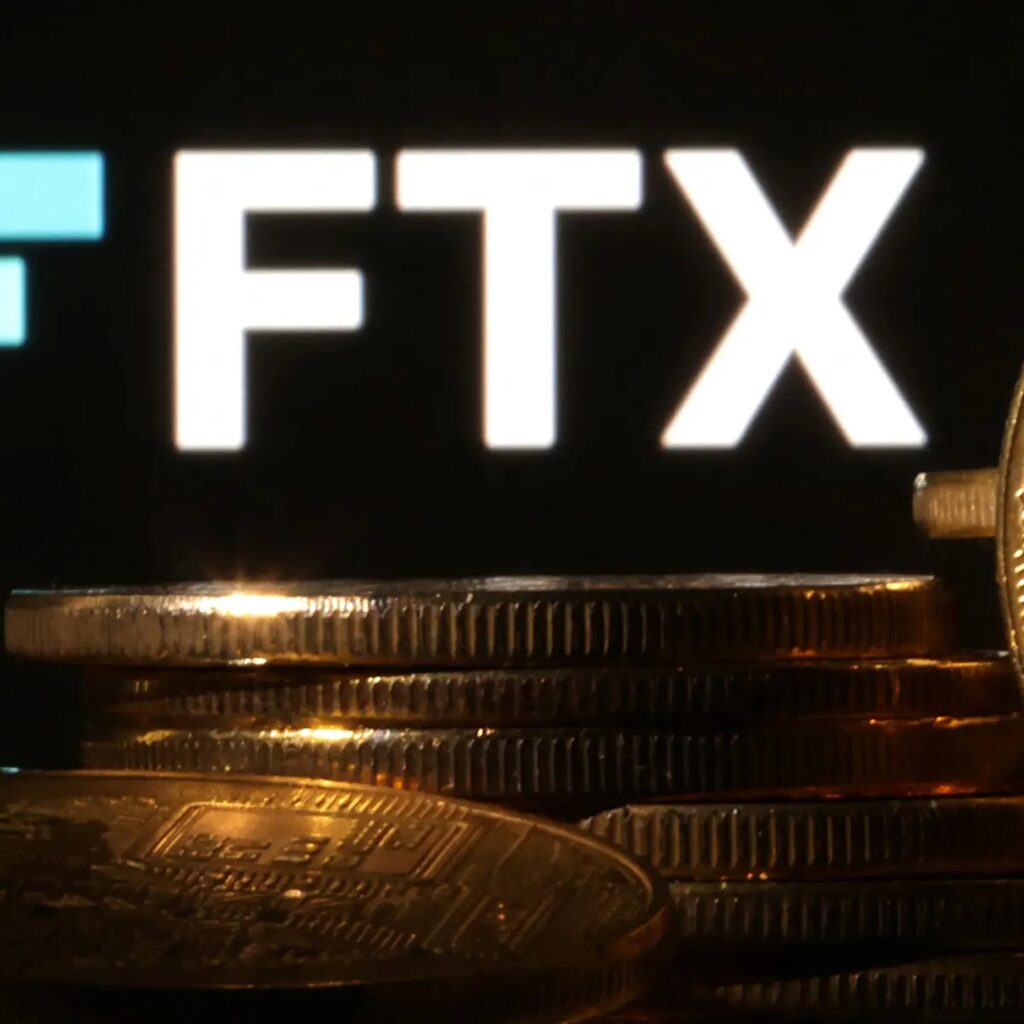The ongoing saga surrounding the collapse of FTX has taken a contentious turn as a group of creditors, led by Sunil Kavuri, a prominent voice among them, has formally objected to the cryptocurrency exchange’s proposed bankruptcy reorganization plan.
This development unfolded yesterday in a U.S. bankruptcy court, where the creditors voiced their dissatisfaction with the plan, which aims to settle their claims in full and potentially even exceed 100%.
The core of the objection is the claim that the reorganization strategy does not align with the creditors’ best interests.
The group’s issues with the plan are multifaceted, pointing out that it overlooks crucial property rights considerations and, due to its cash settlement approach, could lead to significant tax implications for the creditors.
The creditors are particularly concerned with the mechanism for disbursing funds from the FTX estate, labeling it a distribution of “stolen funds.”
Their grievances extend to what they describe as vague terms of service and inconsistencies in the liquidation analysis provided by the debtors.
They are also calling for more transparency, demanding the inclusion of an examiner’s report and an updated disclosure of IRS documents in the proceedings.
The objections were raised shortly after FTX disclosed its intentions to compensate the creditors.
According to the plan announced by FTX, those with claims up to $50,000—representing approximately 98% of the creditors—would receive up to 118% of their claims in cash.
The plan also stipulates that all non-governmental creditors would be paid in full, plus an additional 9% interest accruing from the bankruptcy filing date to compensate for the time value of their investments.
However, the Kavuri-led faction swiftly dismissed the repayment proposal as “insulting.”
The exchange, which filed for bankruptcy in November 2022 amid an $8 billion shortfall, found itself in dire straits.
Despite the bleak initial outlook under Chapter 11 protection, the bankruptcy administrators were able to uncover a substantial amount of digital currency holdings and other assets, which significantly bolstered the funds available for creditor repayment.
The backdrop of these financial maneuvers is a volatile cryptocurrency market. At the time of FTX’s bankruptcy, Bitcoin was valued at around $16,000.
However, its value surged to over $72,000 recently.
In light of this dramatic increase, in January 2024, the creditors also demanded repayments at these newer, higher market prices instead of the lower valuations at the time of the bankruptcy filing.
